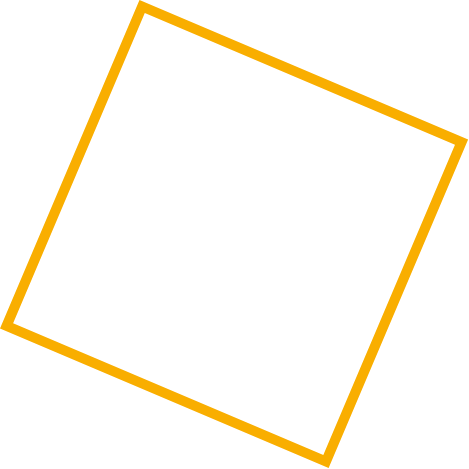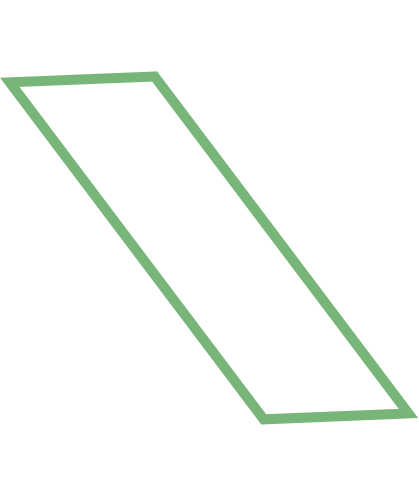
Exciting news for all Open Science enthusiasts! As part of our commitment to fostering Open Science practices, we are now introducing the Open Science Programme. All YUFE universities offer different support infrastructures for academics, to empower them to share knowledge and data, or to include partners from across academia, industry, public authorities and citizen groups in the research process.
This programme is targeted at research support staff and professional service staff that gives Open Science support. You will exchange good practices in Open Science support at YUFE partner universities and hear about latest approaches from experts. It is an opportunity to connect, to learn from other institutions and colleagues, and to grow as a professional.
1. What is YUFE offering for staff members?
The YUFE Alliance is based on the joint vision of ten young research-intensive universities and two non-academic partners in order to contribute to a more competitive, innovative and united Europe addressing European and global challenges.
The YUFE Alliance strives to support and develop all staff members with regard to their knowledge, skills and talents. YUFE develops a variety of programmes aiming at different staff groups to facilitate:
- Building and fostering a professional and personal networks within the YUFE Alliance and beyond
- Improvement of transferable and practicable skills
- Exchange of experience and good practices among YUFE partners
- Familiarity with working in a different national context in terms of culture, rules and regulations
2. What is the Open Science Programme?
This programme will take place over the course of three months and will consist of four online sessions. There are two seats available per university.
Intended learning outcomes:
- Develop a deeper understanding of positive effects of Open Science (e.g. community building, facilitate contact with society).
- Exchange about Open Access practices and FAIR Data principles at the different universities.
- Get to know different approaches of promoting Open Science at a university and generate ideas for your own institution about how to promote Open Science.
- Network with other experts in the field.
3. Who is it for?
The programme is for research support staff and professional service staff that deals with Open Science and provides support for researchers on: Open Research Results, Open Access Publishing, Open Research Data (FAIR data, Data Management Plans) and Repositories.
4. The programme content
The Open Science Programme will be structured as follows:
Day 1
| The current Open Science Situation | |
| Date & time | 20 or 21 November (exact date TBA) 2024; 9:00 – 12:00 CET |
| Duration | 3 hours |
| Format | Online |
| Content |
|
Day 2
| Open Access in Practice | |
| Date & time | One day in the week of 9 – 13 December 2024 (exact date tba); 9:00 – 13:00 CET |
| Duration | 4 hours |
| Format | Online |
| Content |
|
Day 3
| Open Data | |
| Date & time | January 2025 (exact date TBA); 9:00 – 12:00 CET |
| Duration | 3 hours |
| Format | Online |
| Content |
|
Day 4
| Insights into Open Science Practices of different disciplines | |
| Date & time | January 2025 (exact date tba); 9:00 – 11:30 CET |
| Duration | 2,5 hours |
| Format | Online |
| Content |
|
5. How to apply
There are two seats available for each YUFE university. Your own university selects those two participants. Selected participants will be informed about the decision by the end of June 2024. To apply, you have to take two steps:
- Apply for the programme via the YUFE Virtual Campus: https://virtualcampus.yufe.eu/p/programme/76561193665452175
- You need to create a user account in the Virtual Campus, if you do not already have one. Once you have created an account, you can apply. If you face technical problems, please contact Charlotte Simmat ([email protected]).
- Submit a short motivation statement to your university’s contact person (see contact list below). The statement should include:
- Your name, department/ faculty, and position
- What are your experiences with giving Open Science support?
- What challenges do you face concerning Open Science support and how could you benefit from this programme?
Application deadline: 16 June 2024
Local contact persons:
- Maastricht University: Aude Frost ([email protected])
- Nicolaus Copernicus University: [email protected]
- Universidad Carlos III De Madrid: Amaya García Sierra ([email protected])
- University of Antwerp: Marjolijn De Clercq ([email protected])
- University of Bremen: Charlotte Simmat ([email protected])
- University of Cyprus: Savvas Christodoulou ([email protected])
- Université Sorbonne Nouvelle: Elisabeth Lacroix [email protected]
- University of Eastern Finland: [email protected]
- University of Essex: [email protected]
- University of Rijeka: [email protected]
Further information
Contact your local YUFE contact person (see list above), if you have any additional questions or need further information.


